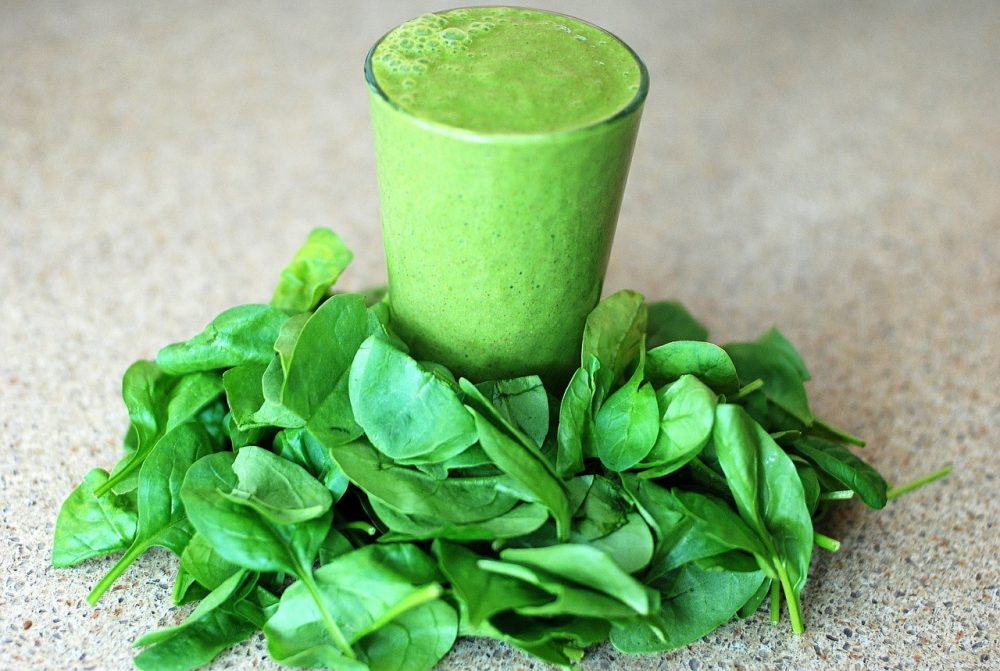
- Saturday 7am - 4pm
- Sunday 9am-4pm
- Monday CLOSED
- Tuesday 7am - 4pm
- Wednesday CLOSED
- Thursday CLOSED
- Friday 7am - 4pm
- Get Directions


Dandenong Market’s fruit and vegetable traders know the benefits of preserving fresh, raw veggies, especially during Victoria’s second lockdown.
Freezing vegetables is a great way to minimise waste, maximise savings and allows access to seasonal produce for up to 12 months!
Most importantly, buying vegetables in bulk for freezing helps limit the time we spend out of the house shopping, helping to stop the spread of COVID-19.
So, which vegetables can I freeze? Don’t frozen veggies turn to mush? What’s the best way to use frozen vegetables?
Luckily, you’ve come to the right place. We’ve taken the frustration out of freezing with answers to these frequently asked questions.
Most, if not all vegetables need to be quickly blanched before freezing.
Blanching involves boiling raw vegetables then quickly popping them into cold water, ideally with a few ice cubes bobbing around. By doing this, you block enzymes from diminishing the colour, taste and texture of vegetables you plan to freeze.
Blanching also helps to remove dirt and any other nasties.
Lastly, boiling your veggies before freezing can wilt or soften them, making them easier to pack.
Blanching times are important to get right as under and over doing it can ruin the produce. We’ve got more information about specific vegetables below.
1. Boil a large pot of water.
2. Organise a large bowl of iced water and a strainer.
3. Cut your vegetables evenly (diced or sliced) to ensure that they are cooked evenly.
4. Place the cut-up vegetables into boiling water and cook for the time listed below.
5. Once blanched for the recommended time, strain the water and put into iced water immediately to “shock” the vegetables.
6. Chill for the same amount of time as the vegetable was boiled.
7. Strain and remove any excess water. For leafy greens, squeeze until all water is removed (you can roll them in a tea towel).
8. Place in freezer bags or in ice cube trays for freezing.
Asparagus: small = two minutes, medium = three minutes, large = four minutes
Beans: three minutes
Broccoli: cut into small florets and blanch for three minutes
Carrots: cut carrots and blanch for two minutes
Cauliflower: cut into small florets and blanch for three minutes
Eggplant: four minutes
Leafy greens (kale and spinach): one to two minutes
Okra: two to three minutes
Peas: 1.5 minutes
1. Cut an X into the top of the tomato.
2. Boil in groups of four for 30 – 60 seconds or until the skin splits.
3. Once the skin is split, move the tomato into the ice water and cool for 60 seconds
4. Use a paper towel to drain water from the tomato.
5. Use your fingers to peel the skin away from the tomato.
6. Store in a freezer bag.
1. Boil the whole cob for four minutes.
2. Remove and place in iced water.
3. Cool for four minutes.
4. Remove and cut kernels from the cob and store in freezer bags.
Pumpkin, potato varieties and winter squash all need to be fully cooked before freezing.
How long will my vegetables keep?
Different vegetables keep for different periods of time. Here’s a guide:
Asparagus: one year
Beans: one year
Broccoli: one year
Capsicum: three to four months
Carrots: one year
Cauliflower: one year
Corn: eight months
Leafy greens: eight months
Peas: eight months
Tomatoes: three to four months
Dandenong Market’s fruit and vegetable traders say that frozen veggies can be used in just about anything!
Mix them into stews, soups or casseroles, enjoy them in stir fries or just munch on some on their own.
Most frozen vegetables can be left frozen before cooking. However, our traders suggest that leafy greens and corn be thawed before using.
Our Market team loves smoothies! Check out this classic smoothie recipe using frozen spinach to help in bulking it up:

Ingredients:
Two cups frozen spinach
One cup frozen pineapple
One cup frozen mango
One banana, frozen chunks
One cup strawberries
One cup milk of choice
One teaspoon vanilla extract
Method:
Blend all ingredient in a blender until smooth.
Serve immediately.
The best thing about this recipe is that any extra portions can be kept in the freezer for up to 30 days – it’s all coming full circle!
Next time you shop at Dandenong Market we suggest checking out the bulk buy boxes from traders in the row along our Northern Car Park including Alexander Produce and S&G Fresh. They stock fresh, affordable Market produce and serve it with a smile.
Tag us in any yummy meals you’ve made with your own frozen veggies by using @dandenongmarket or #dandenongmarket
Clow Street & Cleeland Street
Dandenong, VIC 3175
Saturday 7am - 4pm
Sunday 9am-4pm
Monday CLOSED
Tuesday 7am - 4pm
Wednesday CLOSED
Thursday CLOSED
Friday 7am - 4pm
